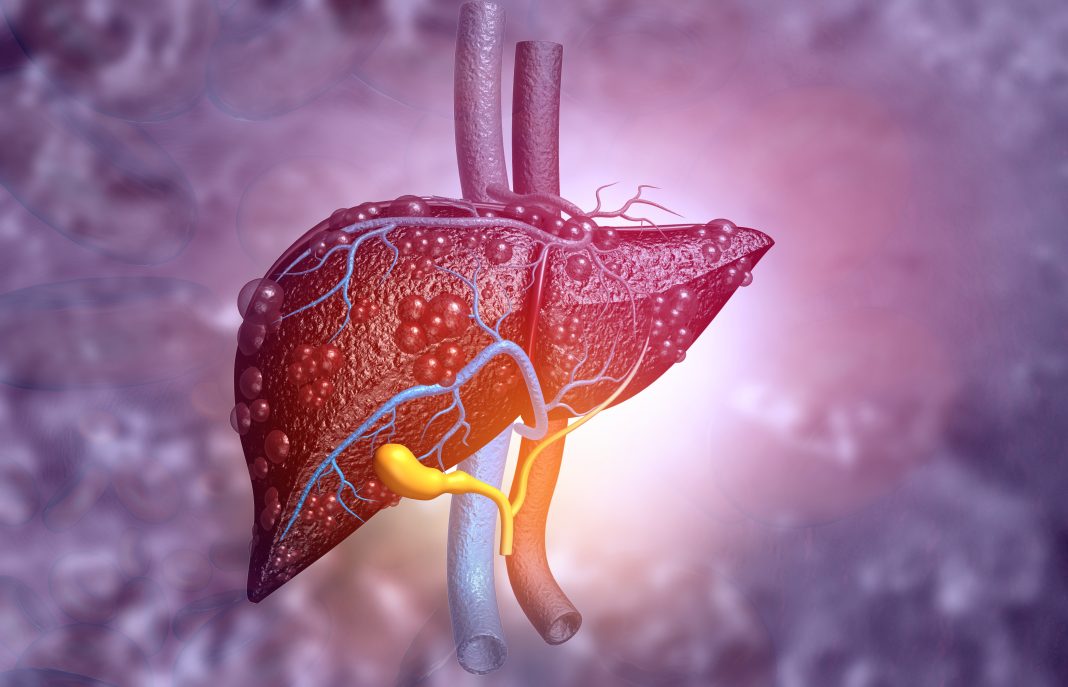New research by scientists at the Icahn School of Medicine at Mount Sinai has revealed a trio of immune cells within tumor niches that are associated with immunotherapy response in hepatocellular carcinoma (HCC). Their new study demonstrates that the cells may be critical for reactivating exhausted T cells and enabling them to attack liver tumors upon treatment with checkpoint blockade.
The findings are published in Nature Medicine in an article titled, “Intratumoral dendritic cell-helper T cell niches enable CD8+ T cell differentiation following PD-1 blockade in hepatocellular carcinoma.”
“Despite no apparent defects in T cell priming and recruitment to tumors, a large subset of T cell rich tumors fail to respond to immune checkpoint blockade (ICB),” wrote the researchers. “We leveraged a neoadjuvant anti-PD-1 trial in patients with hepatocellular carcinoma (HCC), as well as additional samples collected from patients treated off-label, to explore correlates of response to ICB within T cell-rich tumors. We show that ICB response correlated with the clonal expansion of intratumoral CXCL13+CH25H+IL-21+PD-1+CD4+ T helper cells (CXCL13+ TH) and Granzyme K+ PD-1+ effector-like CD8+ T cells, whereas terminally exhausted CD39hiTOXhiPD-1hiCD8+ T cells dominated in nonresponders.”
“While checkpoint blockade has unquestionably revolutionized cancer treatment, most patients do not respond to this immunotherapy. Understanding at the molecular level why only some patients respond will help identify novel targets for improving cancer treatment,” said senior study author Miriam Merad, MD, PhD, director of the Marc and Jennifer Lipschultz Precision Immunology Institute and director of the Human Immune Monitoring Center at Icahn Mount Sinai.
The researchers designed a trial that would both benefit patients and provide new data to explore why immune cells in some patients can be reactivated by immunotherapy and eradicate tumors while the same treatment fails to help other patients.
“This work follows a study our team recently published in The Lancet Gastroenterology & Hepatology reporting that immunotherapy administered before liver cancer surgery can kill tumors and likely residual cancer cells,” explained Thomas Marron, MD, PhD, head of the Early Phase Trial Unit at the Mount Sinai Tisch Cancer Center, the clinical trial lead, and co-senior author of the study.
In this follow-up study, the research team analyzed tumor samples taken from 29 patients before and after treatment with checkpoint blockade. Using single-cell technology and computational platforms, the scientists identified distinct groups of immune cells within tumors that determined which patients responded positively to immunotherapy and which did not.
The findings suggest that these specialized immune cell niches control the reactivation of CD8 T cells and subsequent tumor eradication by checkpoint blockade.


